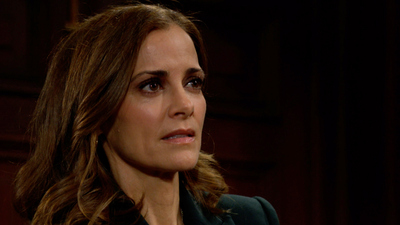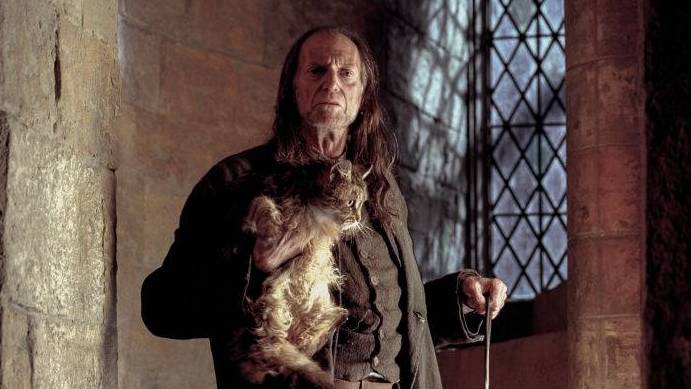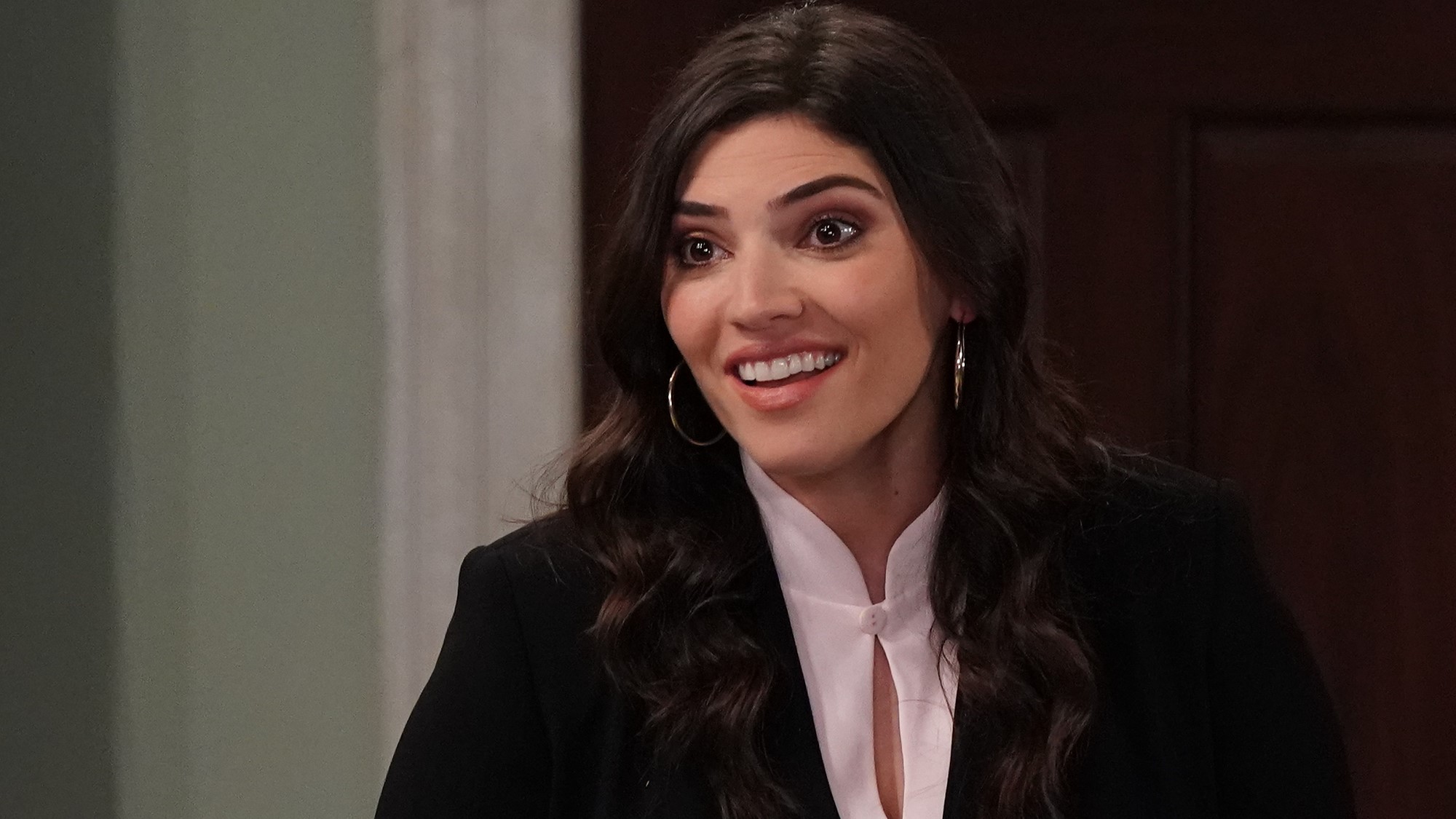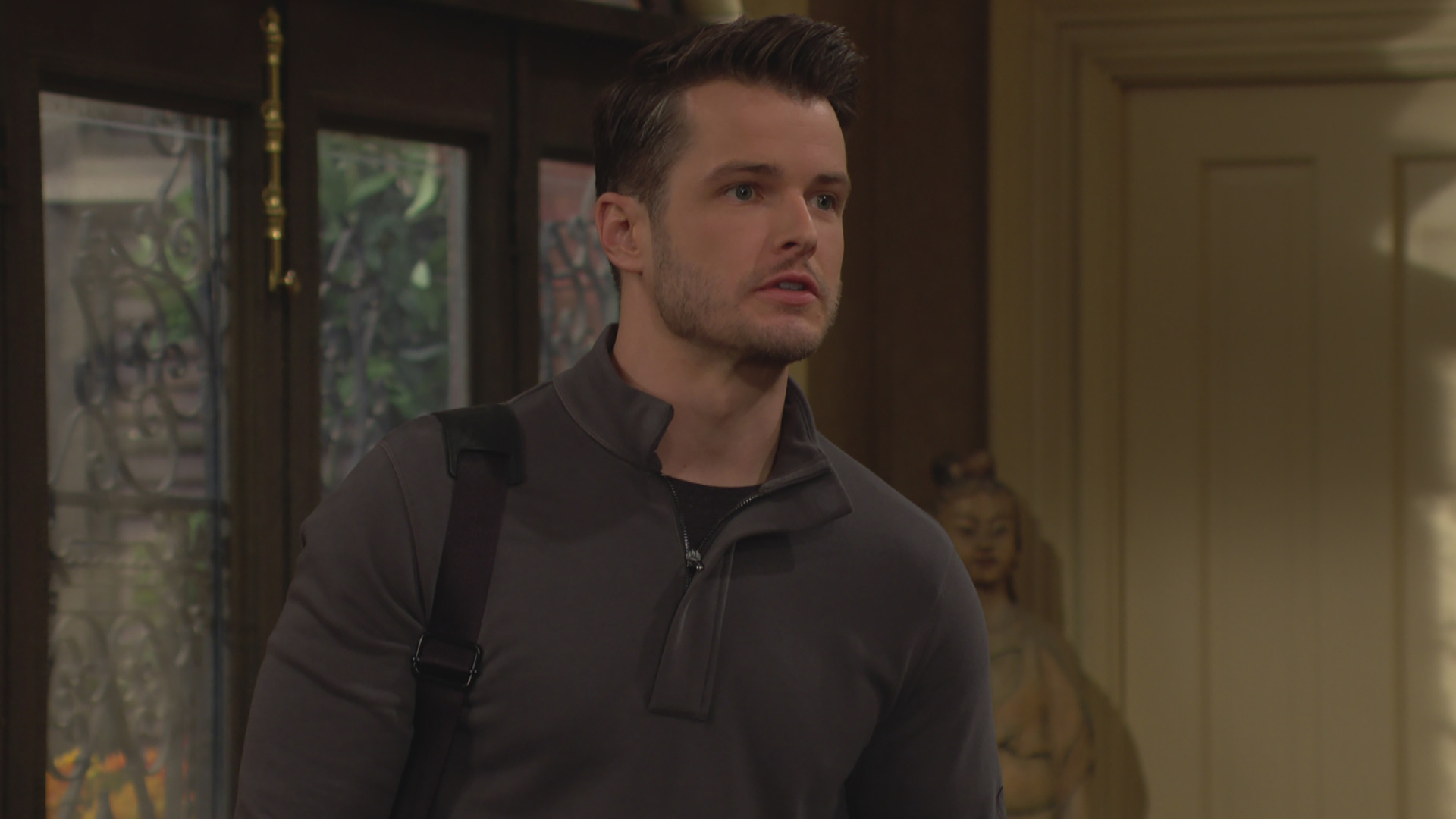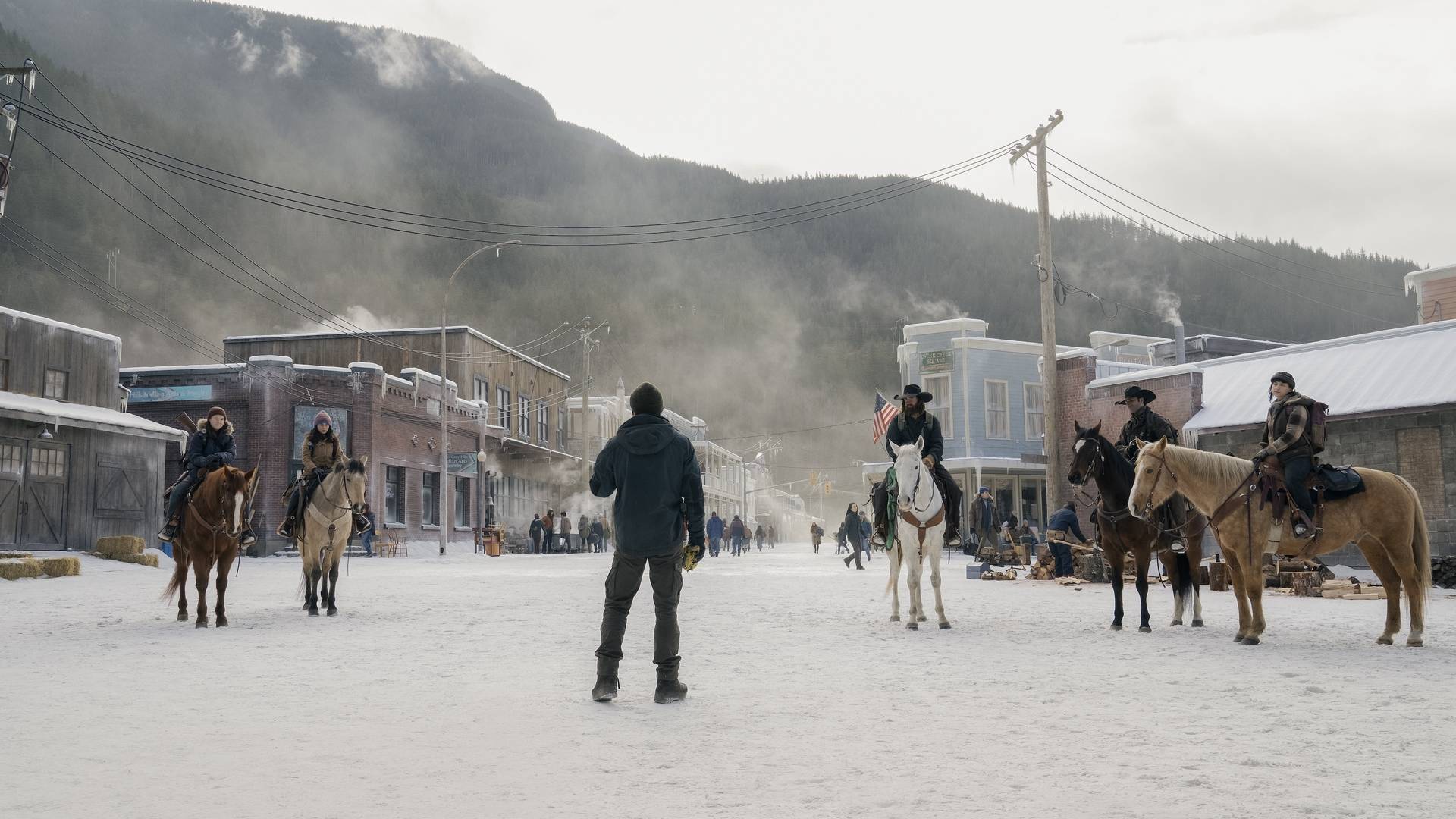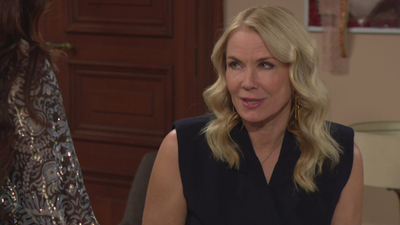‘Dopesick’ — First thoughts on the new Hulu limited series
A strong ensemble takes on a Big Pharma American crime story in 'Dopesick.'
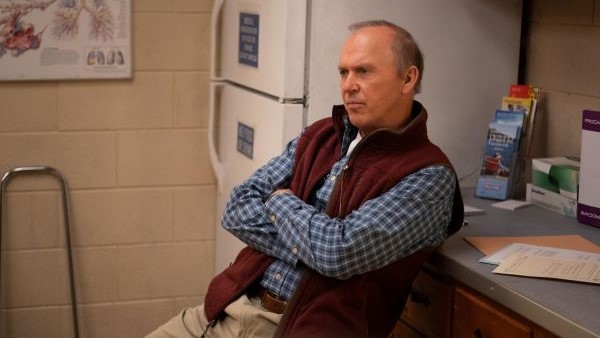
Revisiting and recontextualizing events that occurred in the 1990s is proving to be quite the popular source of material for television creatives. Ryan Murphy’s American Crime Story anthology has taken on three defining news and media events from this decade, and the new Hulu limited series Dopesick could easily fall within the parameters of what constitutes maleficence occurring in the United States.
Earlier this year, Alex Gibney’s excellent HBO two-part documentary The Crime of the Century outlined the path that led to the opioid crisis, which includes a sharp exploration of the influential Sackler family and the pharmaceutical company they own. Now comes the dramatized version depicting the sprawling narrative from those making a profit from people’s pain to the investigators doggedly pursuing a seemingly impossible-to-win case against Purdue Pharma.
Adapted from Beth Macy’s New York Times best-selling 2018 book of the same name, Dopesick portrays the many different players across eight episodes from the launch of OxyContin to grand jury deposition in a case against Purdue Pharma. Macy also serves as an executive producer and writer on the Hulu series, penning two episodes with creator Danny Strong.
No doubt, Macy’s book appealed because her exhaustive investigation includes the voices of many whose lives have been torn apart by prescribed narcotics such as medical workers, users and grieving families. It is this all-encompassing element that stands out across the seven episodes made available to critics, which utilizes a crisscrossing narrative mostly over a period of 10 years — while going as far back as the 1960s. Along with the trend for ‘90s stories, a non-linear approach remains a popular storytelling choice, and it is more effective here than it has been in other recent ‘based on true events’ titles like Dr. Death and Impeachment: American Crime Story.
The three main arcs center on the Sackler family, the DEA and the federal prosecutors investigating the origins of this epidemic and the small rural Virginia mining town that becomes s ground zero for the introduction of OxyContin. Rather than disparate threads, each element is interconnected from the sales representatives sent to peddle a so-called miracle drug to residents of these communities who become addicted.
Dopesick, which will also be shown in November on Disney+ in the UK, features a cast led by Michael Keaton as Dr. Samuel Finnix, a skeptical local physician who becomes a cog in the sprawling Big Pharma machine. He has known some of his patients for their entire lives, like young miner Betsy (Kaitlyn Dever) who he also happened to deliver. In the first episode, a workplace accident leaves her in agony and worrying about losing a job she loves (and can’t afford to be without). This provides the perfect conditions to introduce the drug wide-eyed Purdue Pharma rep Billy (Will Poulter) is touting as having a less than 1% chance of addiction. This is an unprecedented figure for an opioid — the addiction history of opioids dates back to Ancient Egypt — and it is why this sales pitch seems too good to be true. “Go live your life, Bets,” Finnix tells his patient about a personal matter she has been contemplating in the third episode, which only underscores the sliding doors nature of the injury incident and this particular prescription.
There is no doubt who the villains of this story are, and the philanthropic Sackler family are introduced against a backdrop of infighting and antiquities. It all feels like a setting in a Batman movie, except it is based on real-life billionaires who don’t fight crime. Portrayed as the OxyContin marketing mastermind, Dr. Richard Sackler (Michael Stuhlbarg) is shown in the opening scene making a case regarding the treatment of pain being the source for the next big breakthrough — and a billion-dollar product. “There’s a reason people are repelled by you,” a senior relative later tells Richard about his general off-putting demeanor, and Stuhlbarg plays the Sackler figurehead as laser-focused to the point of alienating everyone around him. Icarus is referenced when discussing his vision for OxyContin, which he always talks about in revolutionary terms when combatting the issue of pain. However, it is arrogance rather than altruism that motivates his goal — well, that and making more money than the fabled Arthur Sackler.
Get the What to Watch Newsletter
The latest updates, reviews and unmissable series to watch and more!

A quick Google search of this dynasty pulls up endless articles about their contributions and the unfavorable press and mounting negative sentiment after the opioid crisis took hold. It is a daunting amount of words, podcasts and documentaries about a family who changed the way pharmaceuticals are marketed, and depending on how versed you are in their history it might be hard to pick your jaw off the floor during Dopesick — I went in knowing a little and was astonished (and horrified) throughout.
It would have been easy to make a Succession-style show about the complex and competitive dynamic between the different generations of Sacklers, but this show is richer because its gaze covers both the faces operating capitalist machine and its wide-reaching impact. Also, we already have the HBO documentary so there is no need in trying to replicate its winning formula.
In-between those pulling the strings and the people taking (and distributing) the drug are the men and women in law and order attempting to regulate and limit the scope of these pills. Rosario Dawson plays Bridget Meyer, a DEA agent who progresses up the ladder through dogged determination but struggles against a target as powerful as Purdue Pharma. Her other issue is she is viewed as too headstrong and her gender is often discussed in relation to her approach. This storyline intersects with the underfunded investigation by Assistant U.S Attorneys Rick Mountcastle (Peter Sarsgaard) and Randy Ramseyer (John Hoogenakker), and by the time Bridget encounters the two men she is embittered by the system that let the Sackler family profit from this national disaster. While there are benefits to non-linear plotting it does mean that much of Bridget’s story is easy to foresee, which reduces the tension even if Dawson’s performance nails the personal and professional highs and lows.
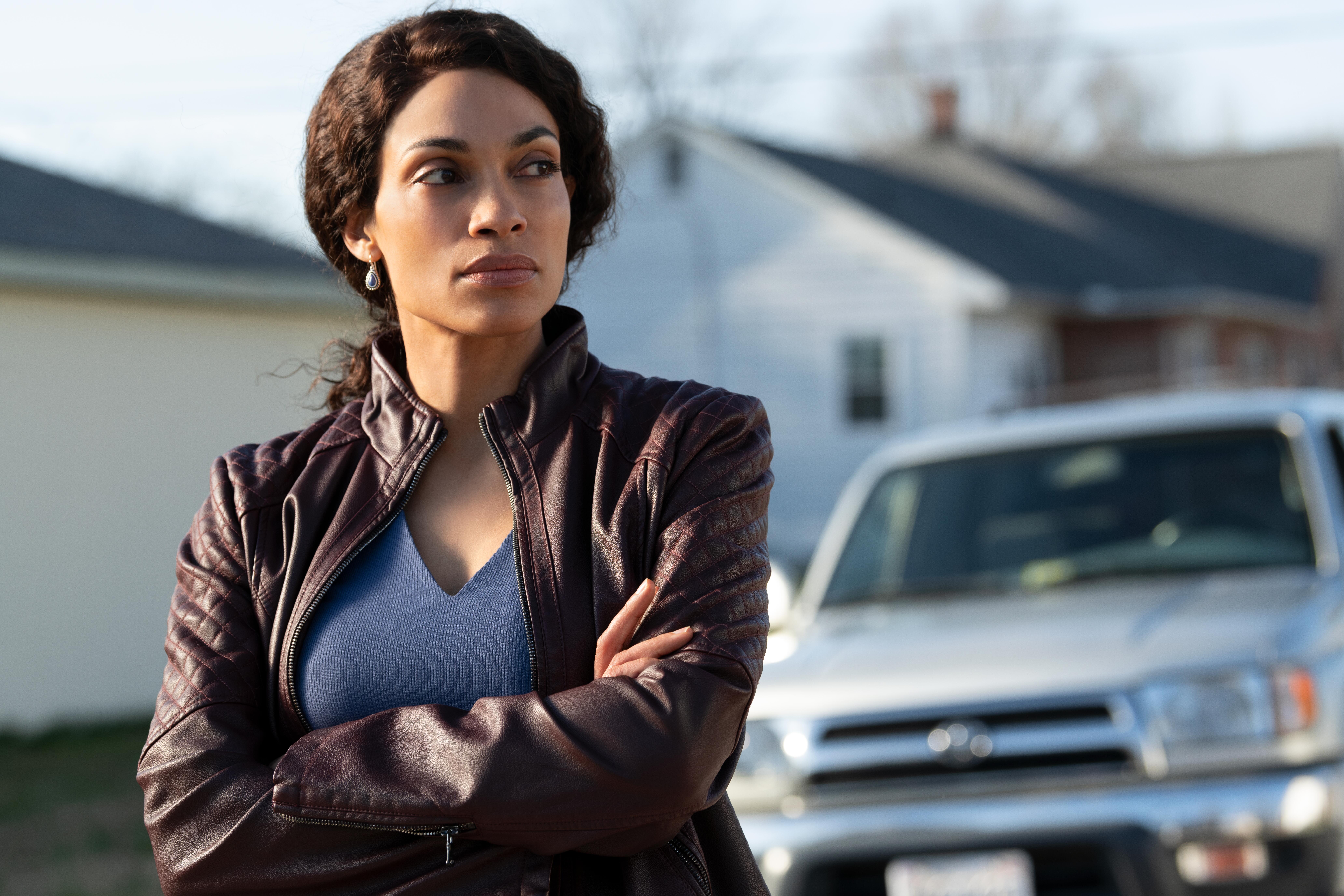
Out of the investigative angles, it is Rick and Randy’s journey that is the more captivating as they attempt to catch a white whale like the Sackler family with the funds that can only provide a rickety rowing boat. The disparate wealth available is visually represented in court when the two prosecutors are matched by a dozen or so lawyers in designer suits. Bouncing around the timeline can get a little confusing at times, but the crosscutting between the mid-00s grand jury testimonies with the goings-on in Coal Country, the Big Pharma training seminars and Sackler family business perspective economically deliver information while showing its overall impacts.
Considering how much science, marketing and regulation rhetoric make up the overall talking points, Dopesick effectively utilizes characters like Randy to ask follow-up questions. He is a stand-in for the audience and it makes these conversations feel less like an information dump. In a series that doesn’t have many opportunities for levity, it is also the partnership between Rick and Randy that adds some much-needed wisecracks — even if they are said through gritted teeth or with a hint of sarcasm.
The country bumpkin label means Rick and Randy are not viewed as a threat or taken seriously as a conversation with a now well-known figure proves early in the series. As with Impeachment: American Crime Story it might send shivers down your spine to know which Washington, D.C., players also had their fingers in this pie and the series does a good job of not leaning into caricature when it comes to the depiction of one such man — who is still making headlines. But among the recognizable monikers, the majority of Dopesick follows ordinary people whose lives are either stopped dead in their tracks or impeded by a drug that promised to give them back what they had lost.
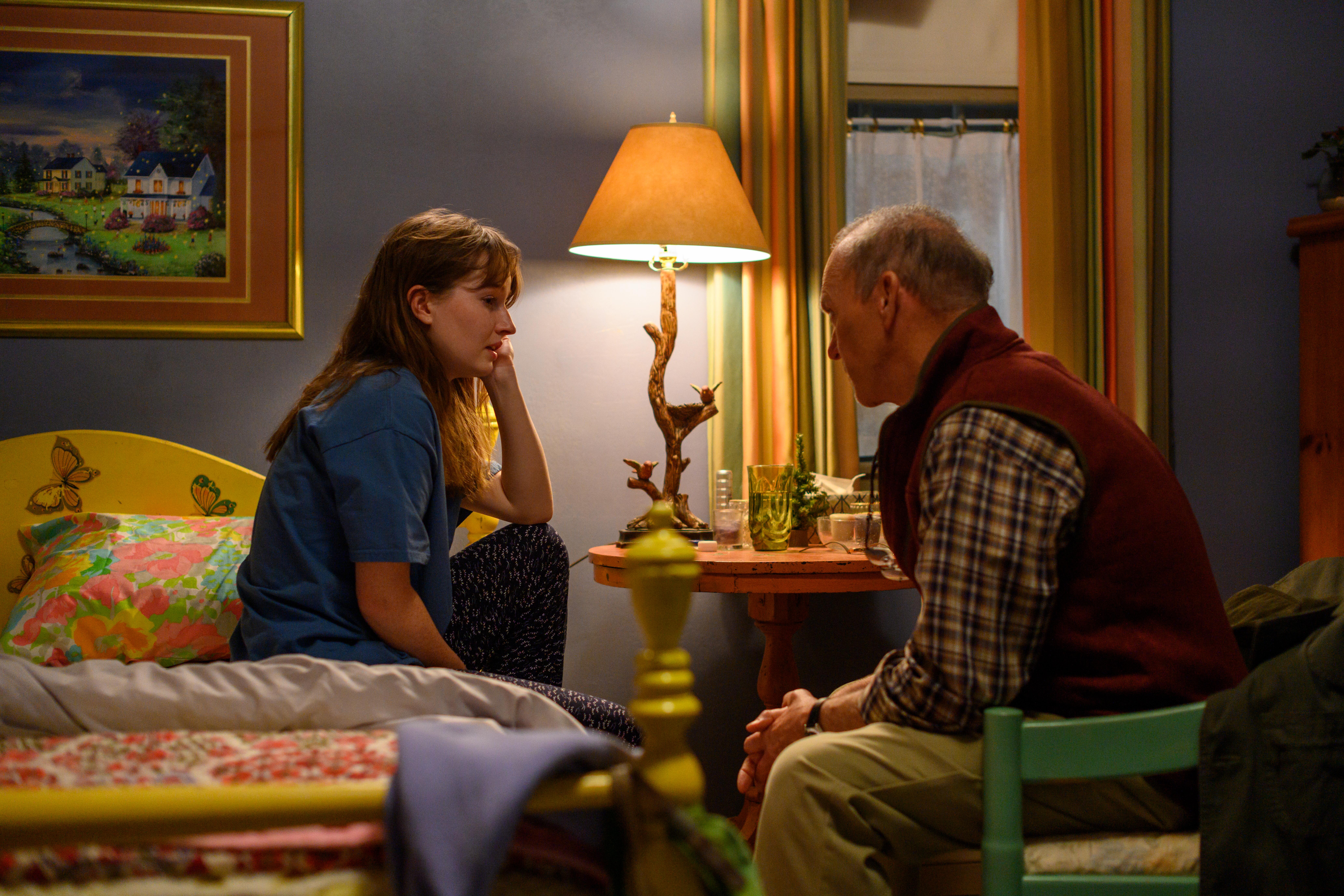
Kaitlyn Dever’s journey from a young woman struggling with coming out to her religious parents to a debilitating dependency on Oxy is a reminder of how she can deftly portray a figure caught in a system. Two years ago in the Netflix miniseries Unbelievable, Dever revealed her range beyond comedy, and while Betsy is a very different character, she captures a gamut of emotions from a flash of hope to utter despair.
While the script occasionally sufferers from some on-the-nose observations, the ensemble cast sells the hell out of the material — in the case of Phillipa Soo, as Purdue rep Amber, she captures someone who chooses money over moral quandaries. Elsewhere, Keaton shines in a role that doesn’t rely on any showy monologues about his part in this, rather he wears his guilt in every line on his face and quiet utterance made. On the whole, this is a rather tempered drama that is a tough and sobering watch, which is why some of the more amped-up outbursts come across as intrusive.
For anyone that has seen the recent Mark Ruffalo legal thriller Dark Waters — in which he takes on giant corporation DuPont — Dopesick occupies a similar storytelling space in painting a vivid picture of those who should be accountable while never forgetting the many victims of this epidemic (who are also from a rural area). Accountability is a huge talking point with Purdue Pharma's repeated claims that it isn’t the drug but the user who is to blame (sound familiar?) and the empty promises of taking things under consideration. In a system not equipped to go up against privately-owned companies, the Danny Strong series is a reminder that even with obstacles this high there are people willing to fight, and they don’t need the wealth of Bruce Wayne as motivation — but they probably should have the resources to stop this from happening again.
The first three episodes of Dopesick will be available Wednesday, Oct. 13 on Hulu.
Emma Fraser spends most of her time writing about TV, fashion, and costume design; Dana Scully is the reason she loves a pantsuit. Words can also be found at Vulture, Elle, Primetimer, Collider, Little White Lies, Observer, and Girls on Tops. Emma has a Master’s in Film and Television, started a (defunct) blog that mainly focused on Mad Men in 2010, and has been getting paid to write about TV since 2015. It goes back way further as she got her big start making observations in her diary about My So-Called Life’s Angela Chase (and her style) at 14.

